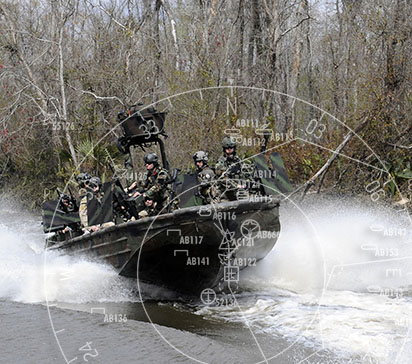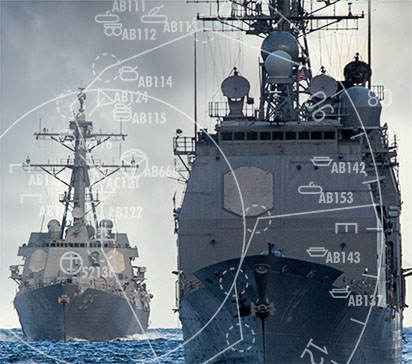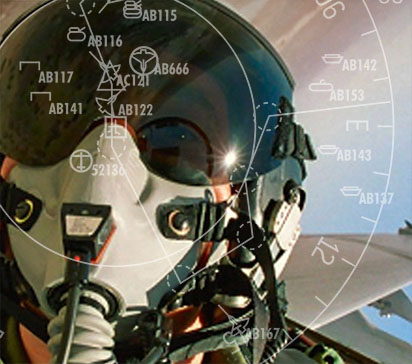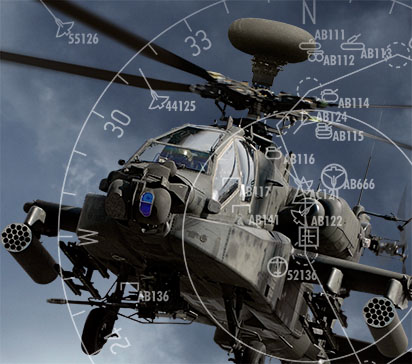Intermediate Level
As noted earlier, the Intermediate Level (I-Level) maintenance support facilities will provide a regional repair center for DLS terminals and other products. DLS customers will ship faulty products to the support facility where they will be screened for faults. The facility will be used to:
- Identify No Fault Found (NFF) or Can Not Duplicate (CND) faults and prevent these LRUs from being sent back to the DLS Depot Level (D-Level) facility
- Identify faulty SRUs within the LRU and replace the faulty SRUs with functioning qualified spares
- Ship faulty SRUs to DLS for repair and receive repaired SRUs into stock
Current I-Level facilities
I-Level support facilities are located in:
- Heidelberg, Germany
- Williamtown, NSW, Australia
- Kanata, ONT, Canada
- Waddington Royal Air Force Base, United Kingdom
Note: Support facilities not located in MIDS LVT member nations are only authorized to repair that country’s MIDS LVT terminals
Additional services available our regional Service Center facilities include:
- Field service engineering support
- Training
- Integration support
- Engineering support
Advantages of the DLS Regional Service Centers include:
- Faster fault identification screening
- Faster return of repairs to customers
- Reduced investment in terminal (LRU) spares
- Ease of transportation
- Central location for many European countries
- No duty restrictions within EU and cooperating countries
Note: I-Level repairs performed at Regional Service Center facilities require formal third party approval from the U.S. Department of State. See below for additional information on the approval process.
Regional Service Center Documentation Requirements
There is required documentation (third party approval) that must be completed prior to each Country utilizing our Regional Service Centers. DLS has examples of every required document and will assist each Country through the process. Required documentation is outlined below:
- Contract and Statement of Work (SOW)
- Transportation plan and cover letter
- MIDS IPO Notification
- U.S. Department of State Documents
- TAA
- End User Assurance (EUA) Letters
DLS will:
- Provide examples of all documentation
- Prepare the necessary information within each document, to the extend DLS has the information (Country ultimately responsible for accuracy of all documentation)
- Coordinate all face-to-face meetings and communication with the Country and respective agencies involved
- Assist the Country with what documentation can be done concurrently versus step functions
Future I-Level Facilities
Future I-Level support facilities are planned to be located in:



